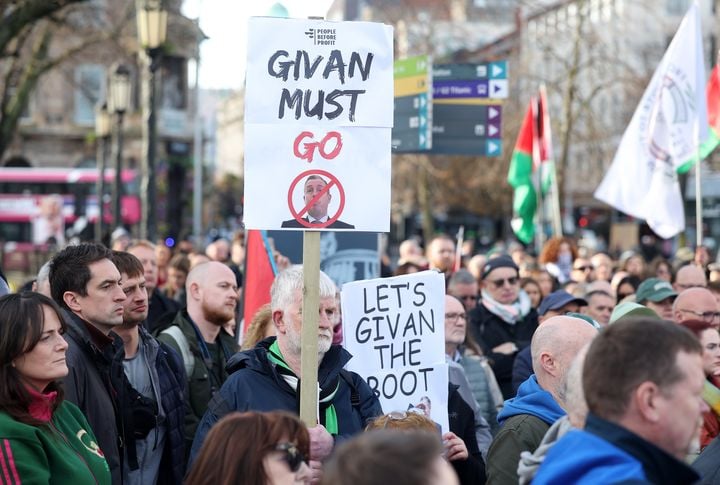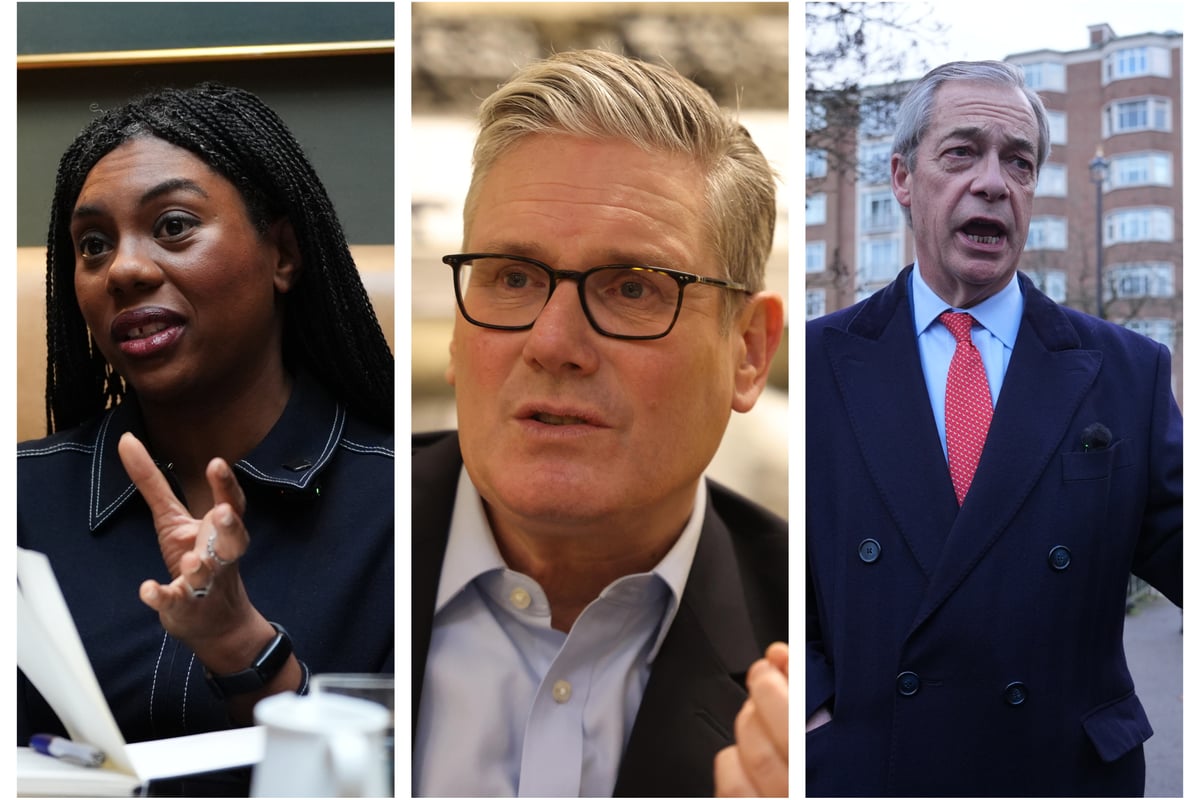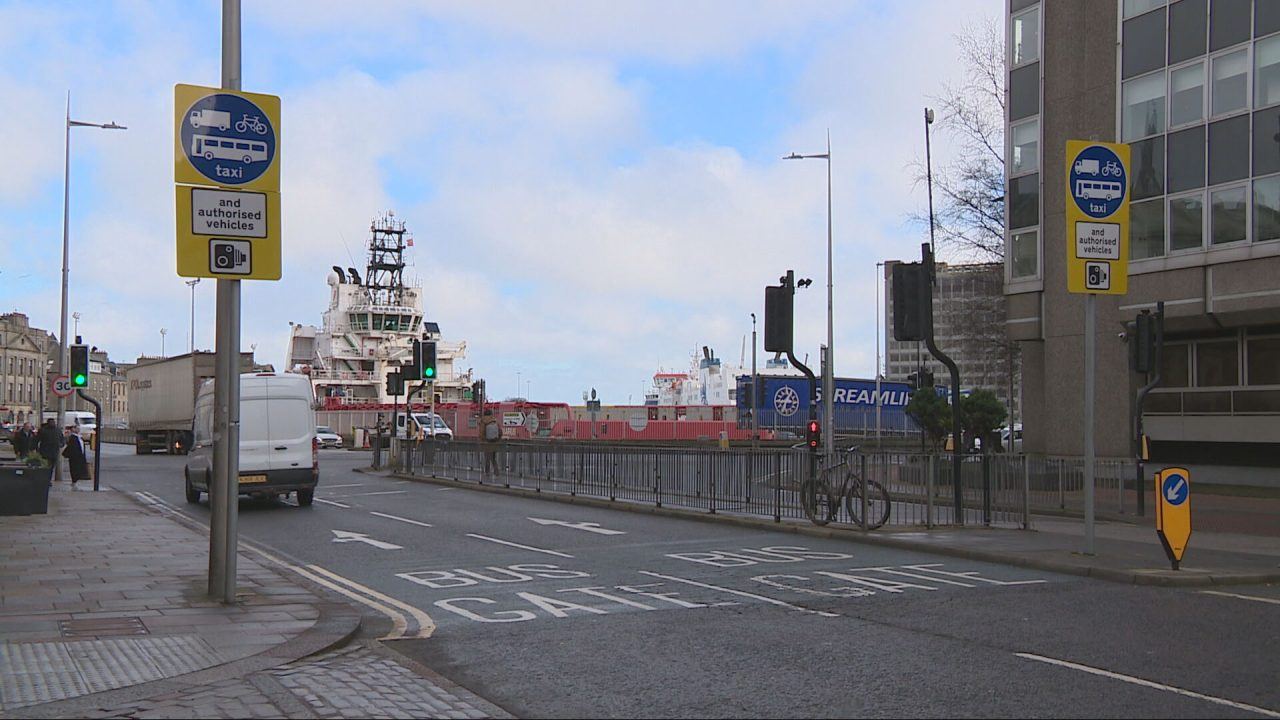Calls for the resignation of Northern Ireland’s Education Minister, Paul Givan, have intensified following his recent trip to Israel. The political party Sinn Féin has announced its support for a no-confidence motion against Givan, emphasizing the significance of his visit amid ongoing tensions related to the conflict in the region.
The leader of the Democratic Unionist Party (DUP), Gavin Robinson, has strongly defended Givan, stating that the minister is “going nowhere” despite the mounting pressure from various political factions. Robinson criticized the backlash against Givan, suggesting that some of the criticism could be rooted in prejudice and antisemitism.
Political Reactions and Protests
Givan’s trip has sparked protests, including a demonstration at Belfast City Hall, where activists voiced their discontent regarding his engagement with Israeli officials. Sinn Féin’s decision to back the no-confidence motion reflects a broader disapproval of the government’s stance on international issues, particularly those relating to human rights and foreign policy.
Robinson’s defense highlighted the complexities of international relations and the challenging role of political leaders in addressing sensitive topics. “It is important to engage with all parties involved in conflicts globally,” he stated, underscoring the need for dialogue rather than isolation.
Sinn Féin’s motion is expected to be debated in the Northern Ireland Assembly, where the outcome could significantly influence Givan’s political future. The party’s support signals a clear intent to hold the government accountable for its decisions and actions, particularly concerning education policy and international relations.
The Broader Implications
This situation raises critical questions about the effectiveness of leadership in times of global crisis. The backlash against Givan’s visit to Israel may not only affect his position but could also have repercussions for the DUP in the eyes of the electorate. As tensions rise, both the DUP and Sinn Féin will need to navigate the delicate balance between local governance and international diplomacy.
The upcoming discussions in the Assembly will likely reflect a wider sentiment among the public regarding Northern Ireland’s role on the global stage. Political analysts will closely monitor the developments, as the outcome of the no-confidence motion could reshape the political landscape in Northern Ireland.
In conclusion, as the situation unfolds, the focus will remain on how Givan’s actions and the subsequent political responses will impact education policy and the broader socio-political climate in Northern Ireland.







